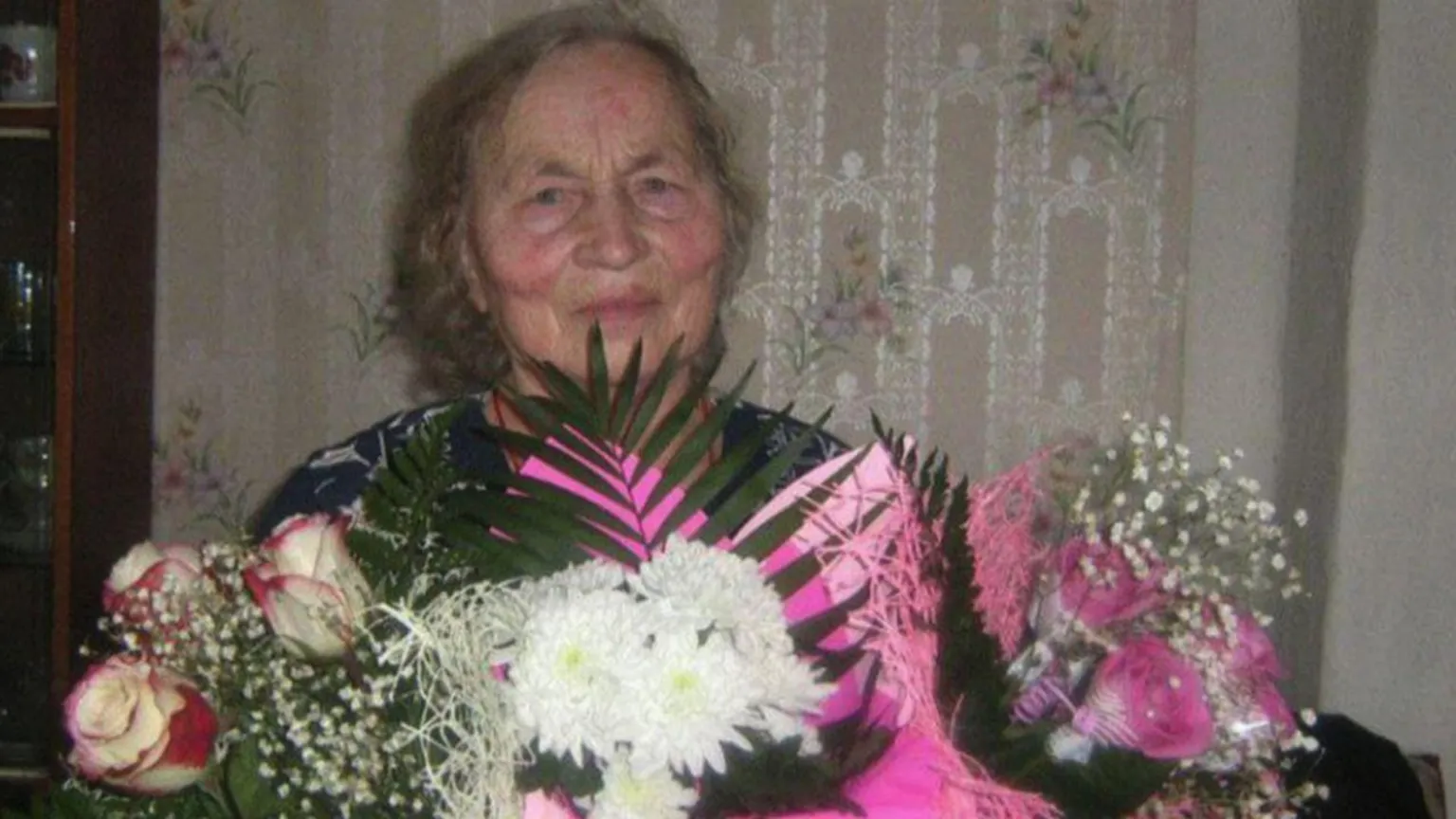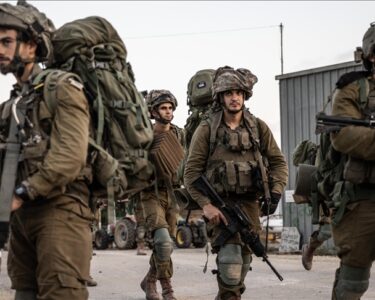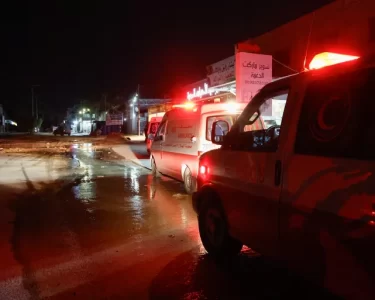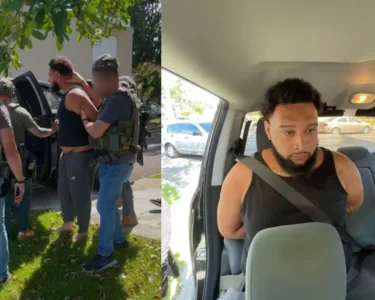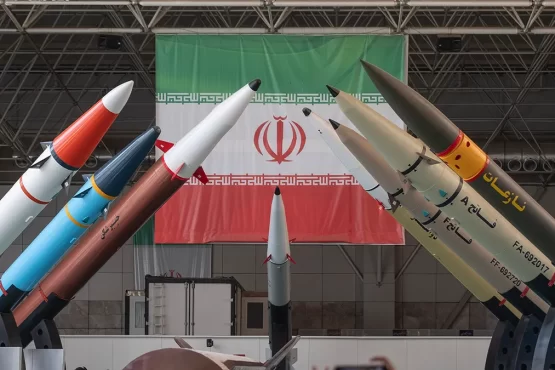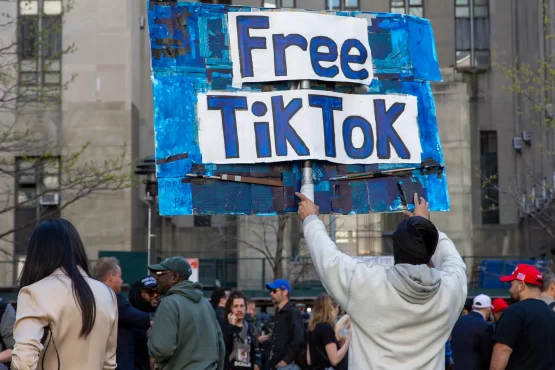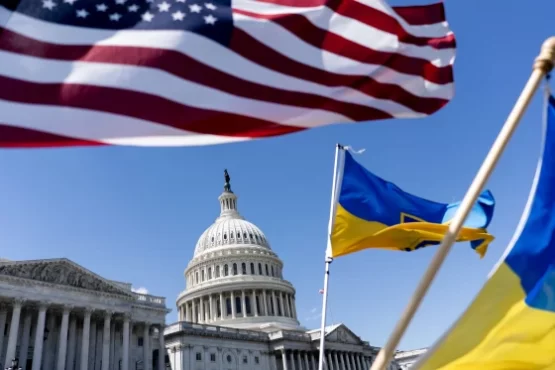In a shocking development that underscores the desperate measures taken by Russia to bolster its forces in Ukraine, Ivan Rossomakhin, a convicted murderer, has been released from prison for the second time to fight on the front lines. This decision has sparked outrage and fear, particularly among the family members of his most recent victim.
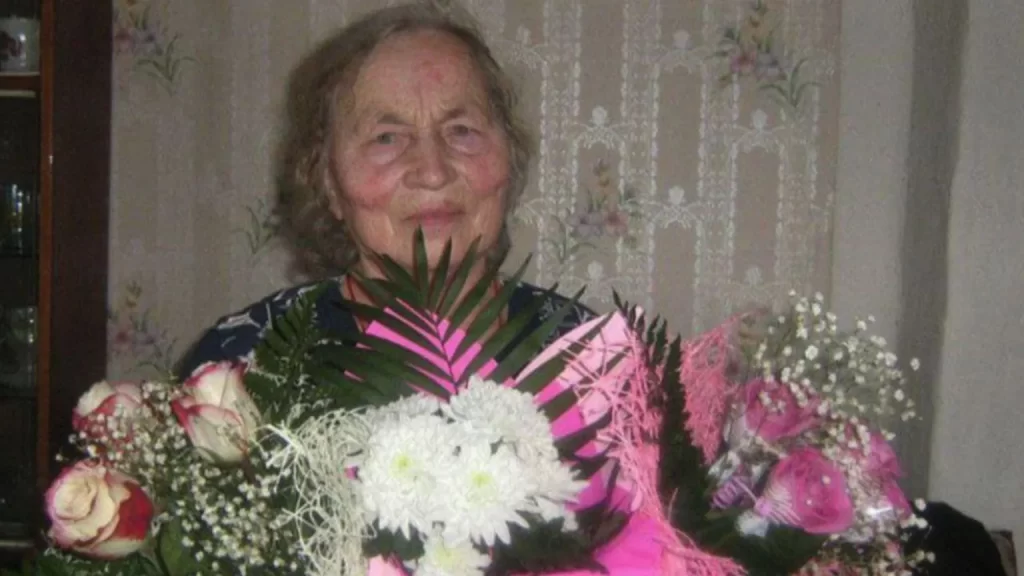
Rossomakhin, 29, was initially serving a 14-year sentence for murder when he was first released in 2022 to join the Wagner mercenary group. Upon returning to his home district of Vyatskiye Polyany in Russia’s Kirov Region, he brutally attacked and killed 85-year-old Yulia Byuskikh in her own home.
Anna Pekareva, Byuskikh’s granddaughter, told the BBC, “Grandma’s killer has escaped punishment for his crime – again – and has gone to fight in the war.” The family’s horror was compounded when, just one week after beginning a new 23-year sentence for the rape and murder of Byuskikh, Rossomakhin was again released on August 19.
“My first reaction was terror. I read the forensic reports and I know what this person did to my grandmother. It’s monstrous that he has been released again,” Pekareva said, adding, “The fact that this is happening in the 21st Century… there are no words that can describe what’s happening!”
An official document signed by the prison governor, seen by the BBC, cites a specific Russian law allowing the military to recruit convicts for frontline duty. This practice, initially started by Yevgeny Prigozhin’s Wagner Group, has now been formalized and taken over by the Russian military following Prigozhin’s failed mutiny last year.
The release of dangerous criminals like Rossomakhin points to Russia’s urgent need for manpower in Ukraine. The UK Ministry of Defence estimates that during a two-month offensive in Ukraine’s Donbas region, Russia lost as many as 70,000 men – an average of 1,000 casualties per day.
This desperate recruitment drive has led to increased sign-up bonuses, with some men being offered up to 1.5 million roubles (£12,360) to volunteer. Under the current law, convicted criminals who enlist have their sentences suspended for the duration of their service, with the possibility of receiving an official pardon for acts of “bravery” on the battlefield.
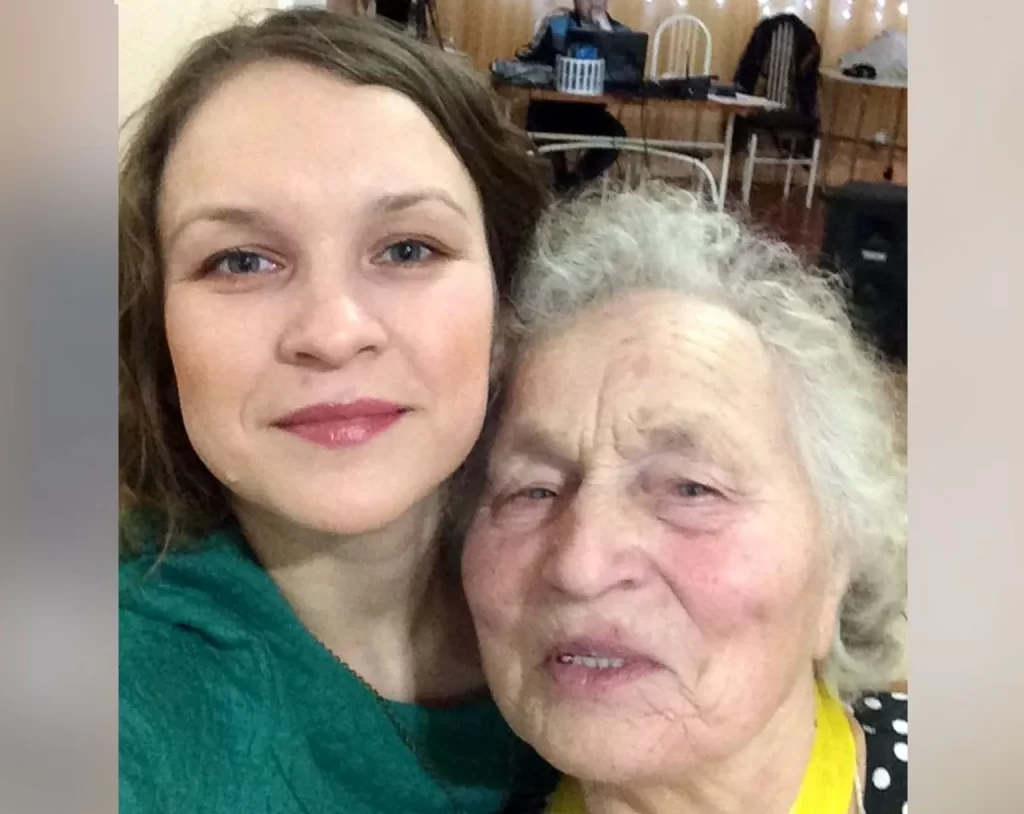
The practice has raised serious concerns about public safety in Russia. “The authorities don’t give a damn about peaceful civilians if they allow people who have committed serious crimes to be exonerated and let out of prison. It tells us that no-one can feel safe in Russia,” Pekareva stated.
For Byuskikh’s family, Rossomakhin’s release presents an immediate threat. “If he comes back he’ll try and take revenge on us – for our efforts to ensure he got a life sentence,” Pekareva said, adding that she wants to leave the country while other family members plan to go into hiding.
The Russian Embassy in London has not responded to requests for comment on the practice of releasing dangerous criminals to fight in Ukraine. Meanwhile, Ukraine has also released some prisoners to fight, though those convicted of murder or sexual offenses are not eligible, according to Ukrainian Deputy Justice Minister Olena Vysotska.
As the conflict in Ukraine continues with no end in sight, the release of convicted criminals like Rossomakhin highlights the lengths to which Russia is willing to go to maintain its military offensive. The practice not only raises ethical questions but also poses significant risks to civilian populations both in Russia and potentially in Ukraine.
A bbc.com story

